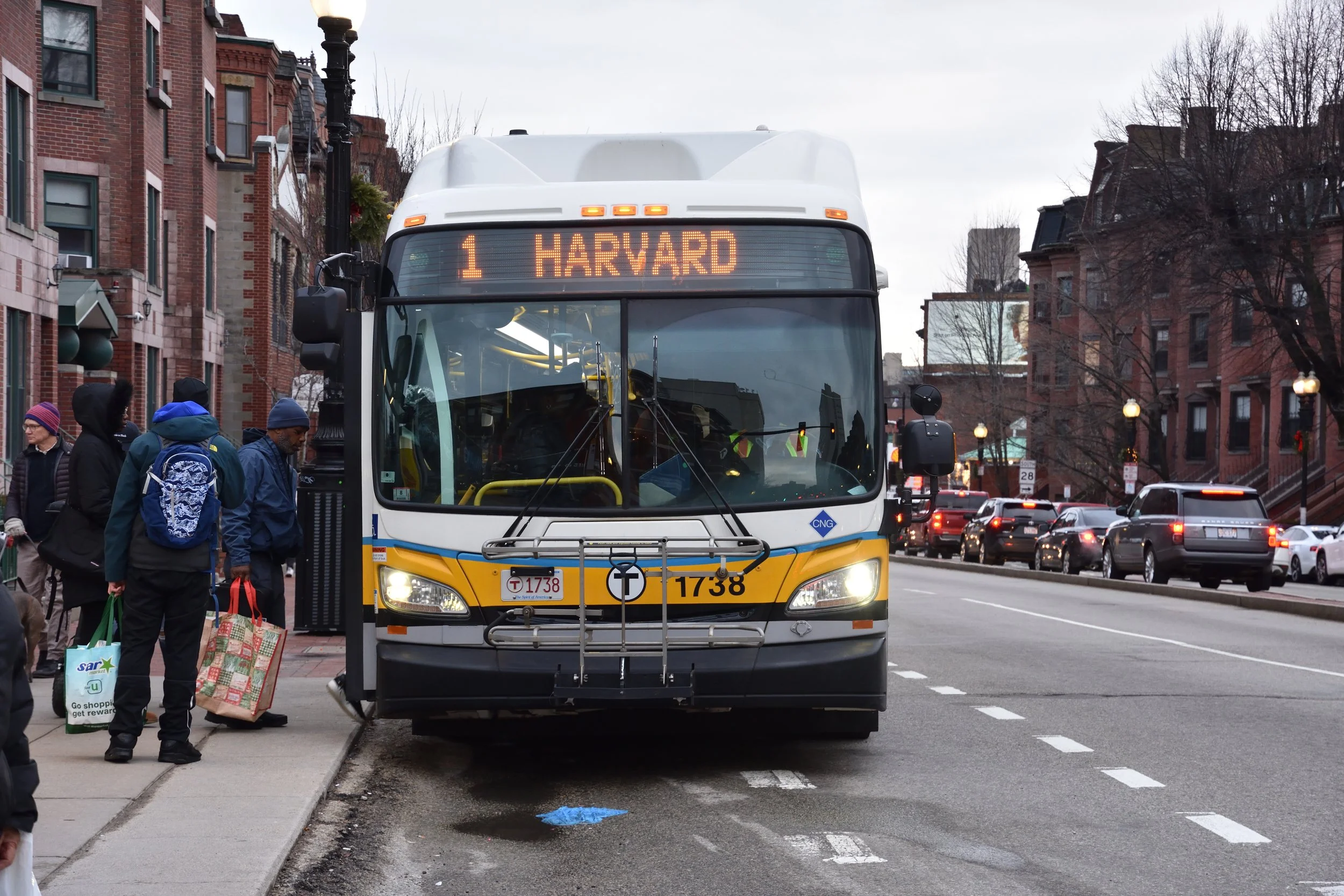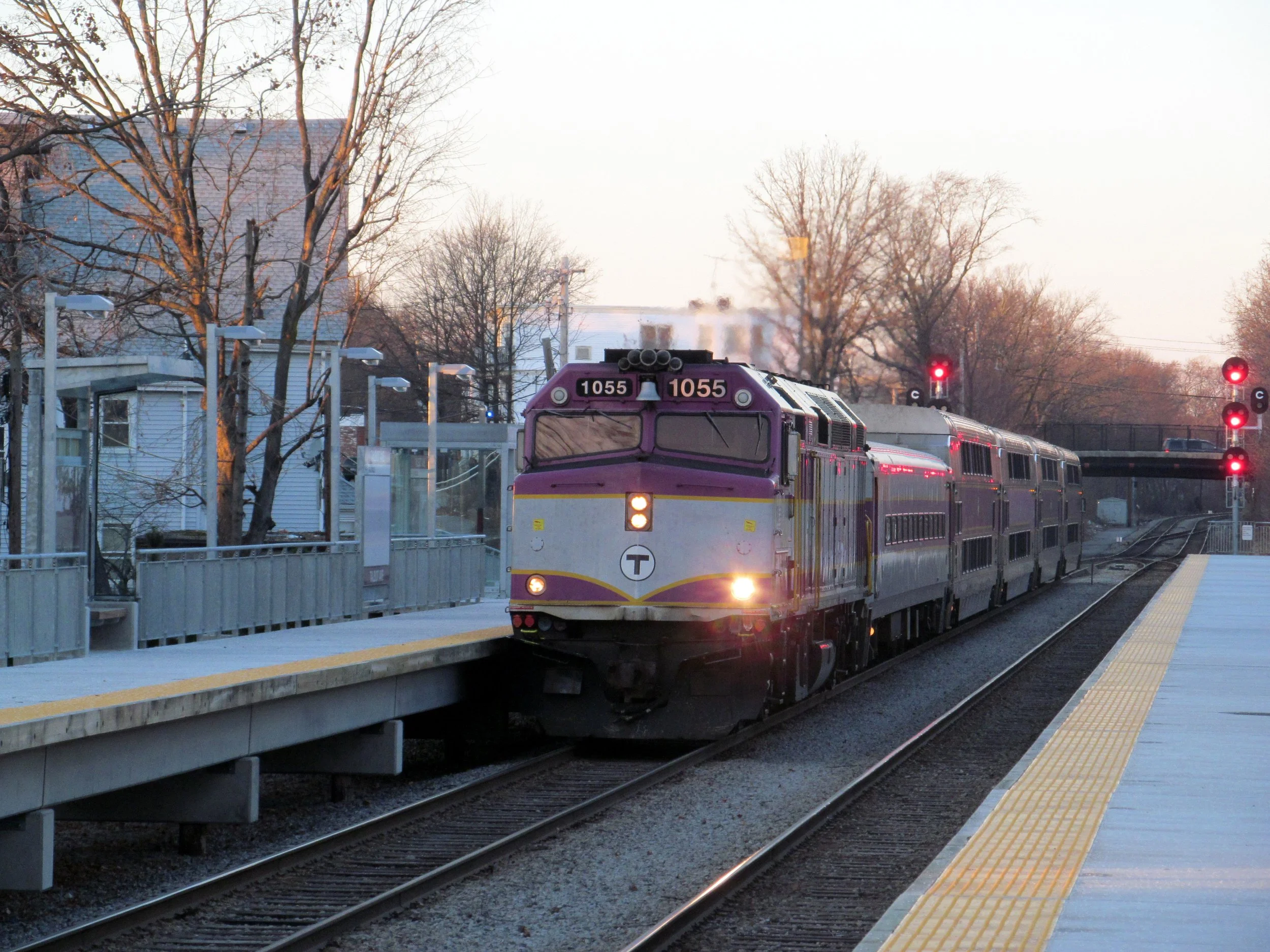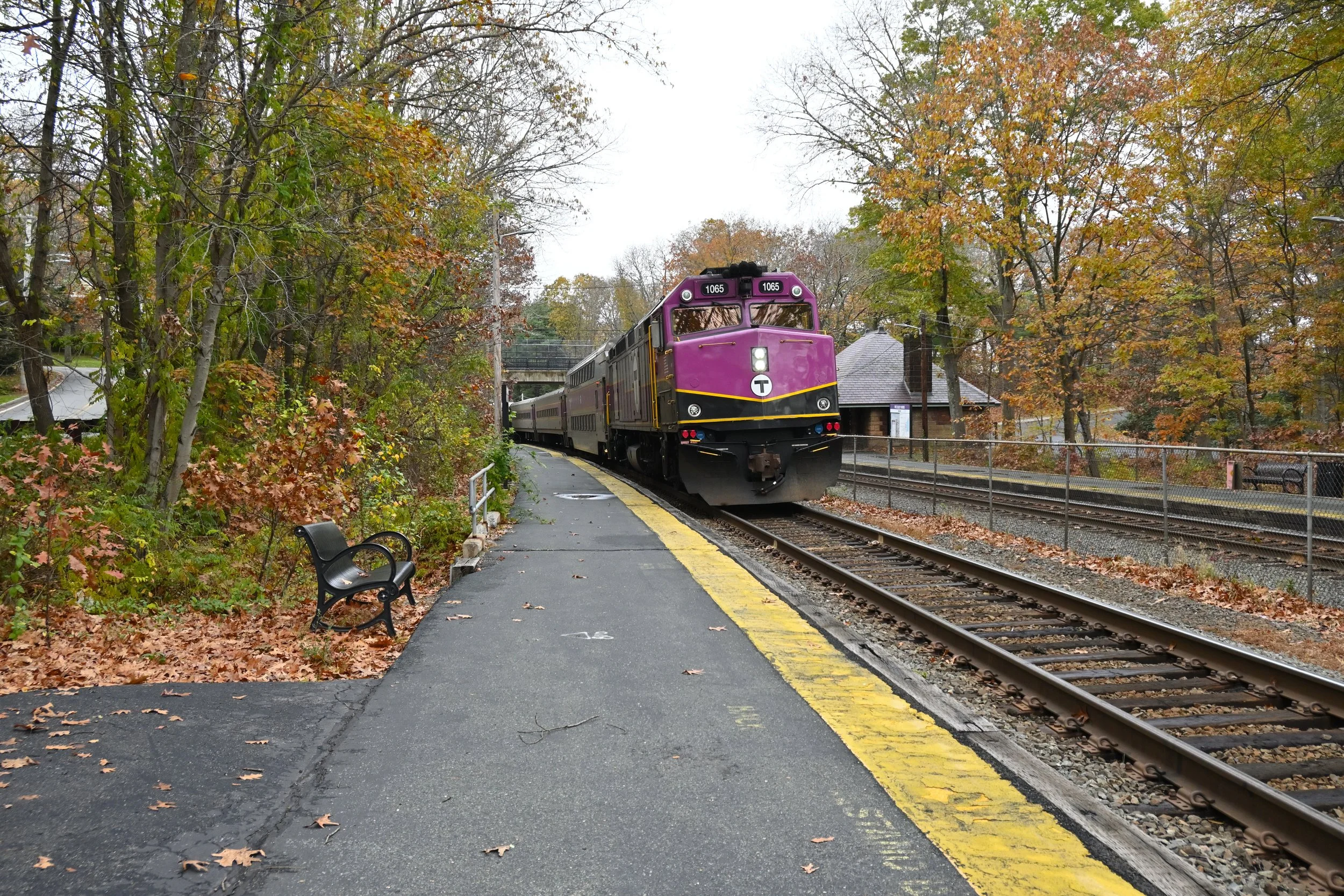Recently, a certain lobbying group has been arguing that the MBTA shouldn't be judged by how many people use it to get around, but rather by how many dollars it costs to run a vehicle for an hour or a mile. This cost per mile argument follows on the heels of their recently debunked assertion the that T is overfunded as compared to other transit agencies when looking at cost per trip. Those cost per trip comparisons didn't really make sensebecause they tried to compare the T to transit systems which provide vastly different services, which require different levels of investment to serve different populations (i.e., some agencies run only local bus or rail service, while the T does all of those, plus regional commuter rail, express buses, ferries, etc.).
So let’s address the cost per mile metric...








